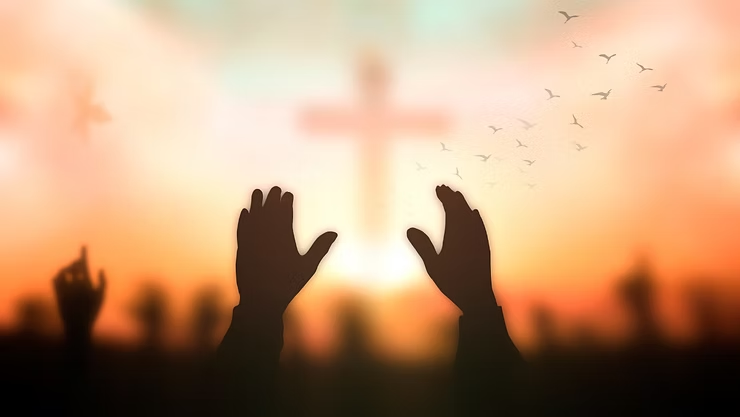Introduction
The gender of God has been a subject of discussion for centuries, shaped by diverse religious traditions, cultural norms, and personal beliefs. While some faiths portray God as male, others emphasize feminine qualities or view God as entirely beyond gender. Exploring these perspectives offers insight into how human understanding of the divine is influenced by language, culture, and spirituality.
Perspectives from Different Religions
Christianity
Christianity presents God as the creator, often referred to as the Father, emphasizing love, guidance, and authority. The belief in the Trinity — Father, Son, and Holy Spirit — forms the core of Christian theology, with masculine terms traditionally used as symbolic expressions rather than literal descriptions of gender.
Islam
In Islam, God is known as Allah, who is genderless and beyond human comprehension. Masculine pronouns in the Quran are understood as linguistic conventions. The focus rests on God’s attributes — mercy, justice, and wisdom — rather than gender identity.
Hinduism
Hinduism embraces both masculine and feminine aspects of the divine. Brahman, the ultimate reality, transcends gender, while deities like Devi and various Devas reflect the nurturing and protective qualities of the divine in different forms.
Buddhism
Buddhism does not centralize a creator God. Instead, it teaches that enlightenment is attainable by all beings, regardless of gender. Spiritual qualities like compassion and mindfulness are emphasized over divine gender identity.
Feminine and Masculine Attributes of God
Feminine Qualities
- Motherly love, nurturing care, and compassion
- The tender guidance seen in depictions of the Mother aspect of God
- Emphasis on closeness, empathy, and protection
Masculine Qualities
- Fatherly guidance, strength, and provision
- Protective authority as a source of security
- Power and resilience reflected in acts of creation and preservation
Gender-Neutral and Transcendent Views
Many traditions stress that God transcends gender altogether. This understanding sees divine qualities as encompassing both masculine and feminine energies without being confined by them. Such perspectives invite a more inclusive spiritual experience and challenge traditional gender roles within religious contexts.
Cultural and Societal Influences
Historical and cultural contexts shape how God’s gender is perceived. In patriarchal societies, masculine imagery has often dominated. Modern movements, however, encourage inclusive language, gender-neutral descriptions, and the reimagining of divine roles to better reflect equality.
The Role of Language
Religious texts often employ gendered language, particularly masculine terms, due to cultural conventions at the time of writing. The inclusive language movement seeks to replace or balance these terms with gender-neutral alternatives such as “Creator” or “Divine” to ensure broader representation.
Personal Beliefs and Interpretations
Individual perceptions of God’s gender are shaped by upbringing, faith traditions, and personal spiritual experiences. Some people envision God with gendered qualities that resonate emotionally, while others connect more deeply with the idea of a genderless divine essence.
Conclusion
The question of whether God is male, female, or beyond gender cannot be answered definitively. What remains constant is the focus on divine attributes — love, justice, mercy, and compassion — which transcend human categories. Recognizing this diversity of understanding allows for a richer and more inclusive spiritual dialogue.

